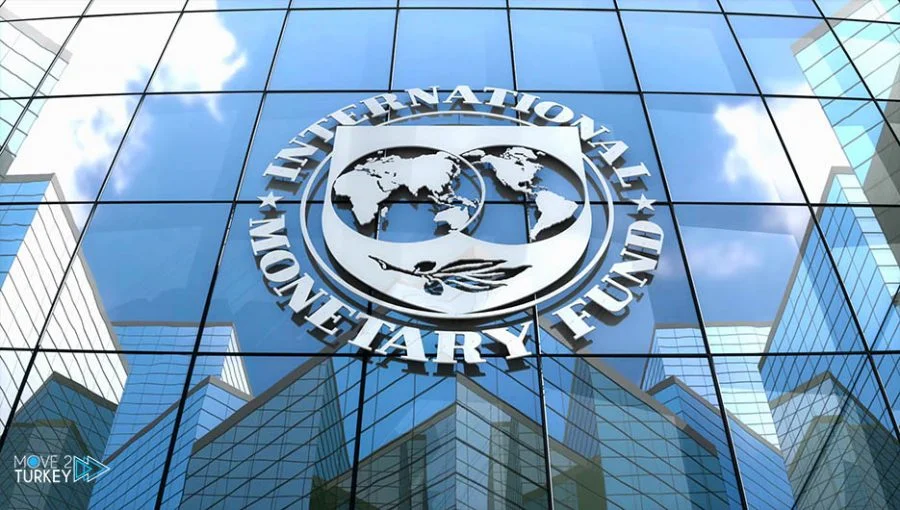The International Monetary Fund (IMF) has charged Nigeria to brace up for the effect of climate change and this year’s floods.
IMF African Department official, Mai Farid stressed that food prices will most likely increase.
Farid gave the indication on Monday during a session on ‘Climate Change and Food Insecurity in Sub-Saharan Africa’.
She said the IMF was aware of how the magnitude of the floods have impacted communities in Nigeria and neighbouring countries.
“We recognise Chad and Cameroon have also been hit. The supply of agricultural production is going to drop which will put even further pressure on prices.
“The floods have affected some of the transportation networks which makes it even harder for food to transfer into the country or even out.”
Farid advised governments in Sub-Saharan Africa to invest in early warning system technology and infrastructure.
IMF Asia and Pacific Department official, John Spray warned of permanent effects and short term shocks.
“Getting people food and cash early, getting that social assistance out to people can have a really big impact in the long run,” he said.
The 2022 floods in Nigeria have affected several states across regions, killing more than 300 people.
Properties and farmlands in Adamawa, Anambra, Borno, Delta, Imo, Jigawa, Katsina, Lagos, Kogi, Borno, Taraba, Yobe, etc., have been damaged.





